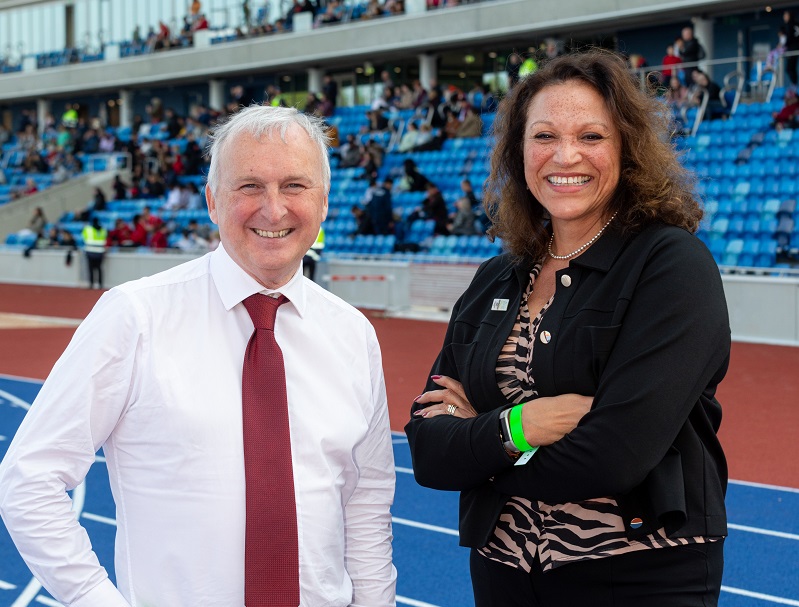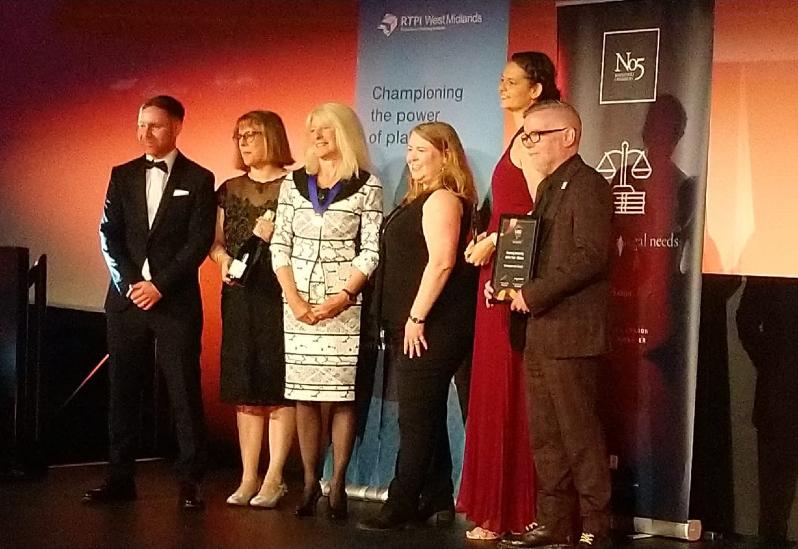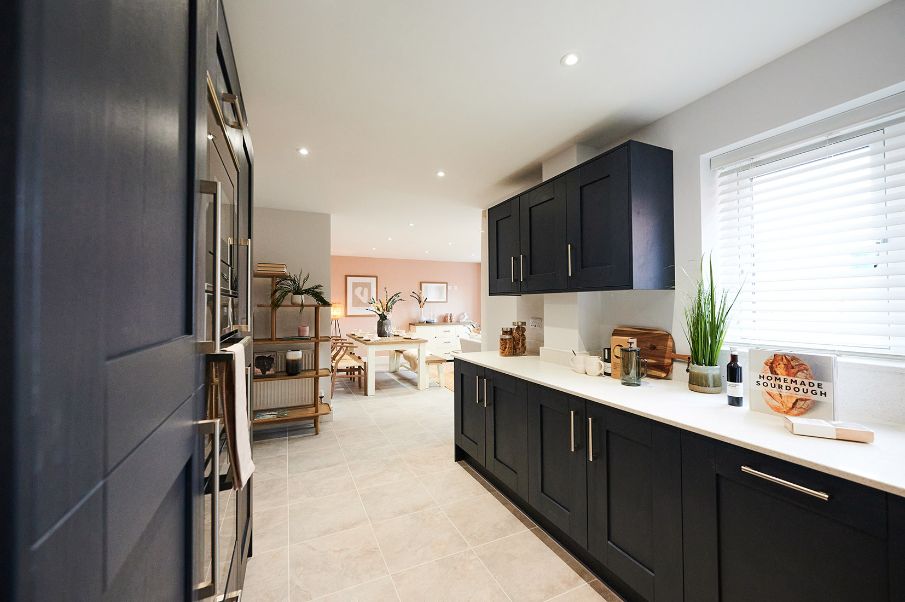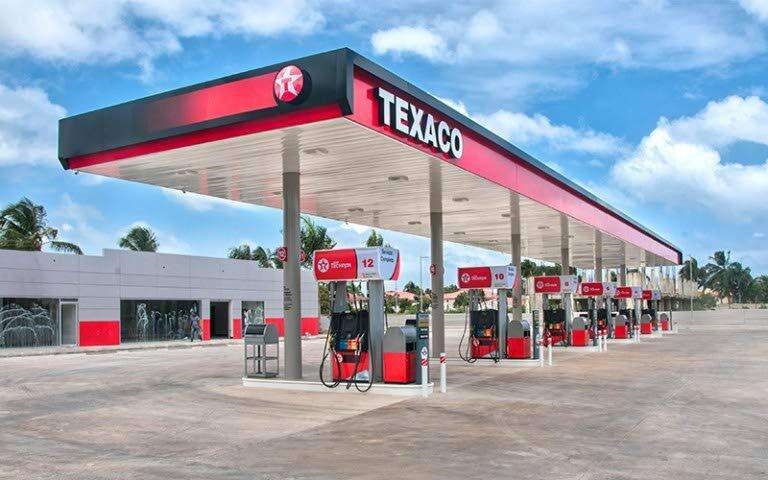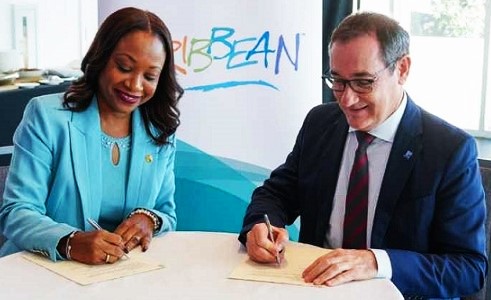Councillors approve plans for new homes for vulnerable children
Two new residential children's homes are being created to support some of Wolverhampton's most vulnerable young people.
They will each provide specialist support for up to two children and young people who have experienced a significant amount of trauma. Members of the City of Wolverhampton Council's Cabinet (Resources) Panel approved the plans which will see the council use one of its existing assets for one of the homes, and purchase a nearby private property for the second.














